Species
Information
- Home
- What We Do
- Wildlife Information
- Species Information
- All
- Bandicoot
- Birds
- Echidna
- Flying-fox & Microbats
- Gliders
- Koalas
- Macropods
- Possums
- Reptiles
- Wombats
- Platypus
Bandicoot
Bandicoots are nocturnal, solitary animals occurring in a wide variety of habitats throughout Australia.
Birds
Australia is home to a diverse range of native bird species, all of which are protected.
Ducks and Ducklings
All native duck species are protected and the most common native species found throughout NSW are the Pacific Black Duck and the Australian Wood Duck.
Magpies
Australian Magpies are protected as are all native species and they belong to the same family as Butcherbirds and Currawongs.
Plovers
Plovers or Masked Lapwings are fairly large birds. They have long reddish legs and large yellow facial wattles.
Raptors - Birds of Prey
If you see a Raptor or any bird of prey like eagles, falcons or hawks, please keep your distance, do not try to touch it or try to contain it.
Tawny Frogmouth
Tawny Frogmouths are medium-sized, bulky birds with a large broad head and a relatively short tail.
Echidna
During Spring echidnas are much more visible than usual and often encountered in unusual locations.
Flying-foxes
These amazing animals, commonly called fruit bats, have a vital role in our ecosystems.
Microbats
Australia is home to numerous microbat species, with many classified as threatened species.
Feathertail Gliders
These gorgeous native animals are named for their remarkable flat tail with stiff fringed hair growing horizontally on either side to the tip.
Kangaroos and Wallabies
Kangaroos and wallabies can be found in various habitats throughout Australia, and there are protective measures in place to ensure their preservation.
Caring for Possums
Australia's native wildlife is rich and diverse, and among its most iconic members are the Brushtail and Ringtail possums.
Lizards and turtles
Lizards such as Blue-tongue lizards and Eastern Water dragons can be regularly found in suburban areas
Snakes
Snakes are very common particularly in summer and will regularly be seen around houses and yards.
Monitor Lizards
There are more than 25 species of monitor lizards in Australia, and they vary in size. The largest being over 2 metres long. All have very sharp teeth and claws that can cause significant injury.
Wombats
Wombats are natural digging machines and perform a very important role in our ecosystem.
- All
- Bandicoot
- Birds
- Echidna
- Bats
- Gliders
- Koalas
- Macropods
- Possums
- Reptiles
- Wombats
- Platypus
Bandicoot
Bandicoots are nocturnal, solitary animals occurring in a wide variety of habitats throughout Australia.
Birds
Australia is home to a diverse range of native bird species, all of which are protected.
Echidna
During Spring echidnas are much more visible than usual and often encountered in unusual locations.
Bats
Australia is home to about 80 species of bats, divided into two main groups: small, insect-eating microbats and larger, fruit- and nectar-eating megabats (also known as Flying-foxes)
Feathertail Gliders
These gorgeous native animals are named for their remarkable flat tail with stiff fringed hair growing horizontally on either side to the tip.
Kangaroos and Wallabies
Kangaroos and wallabies can be found in various habitats throughout Australia, and there are protective measures in place to ensure their preservation.
Caring for Possums
Australia's native wildlife is rich and diverse, and among its most iconic members are the Brushtail and Ringtail possums.
Lizards and turtles
Lizards such as Blue-tongue lizards and Eastern Water dragons can be regularly found in suburban areas
Snakes
Snakes are very common particularly in summer and will regularly be seen around houses and yards.
Monitor Lizards
There are more than 25 species of monitor lizards in Australia, and they vary in size. The largest being over 2 metres long. All have very sharp teeth and claws that can cause significant injury.
Wombats
Wombats are natural digging machines and perform a very important role in our ecosystem.
15 Ways to Help Wildlife
Sign up to receive our monthly eNewsletter with wildlife rescue stories and updates on our work rescuing, rehabilitating, and releasing native wildlife.





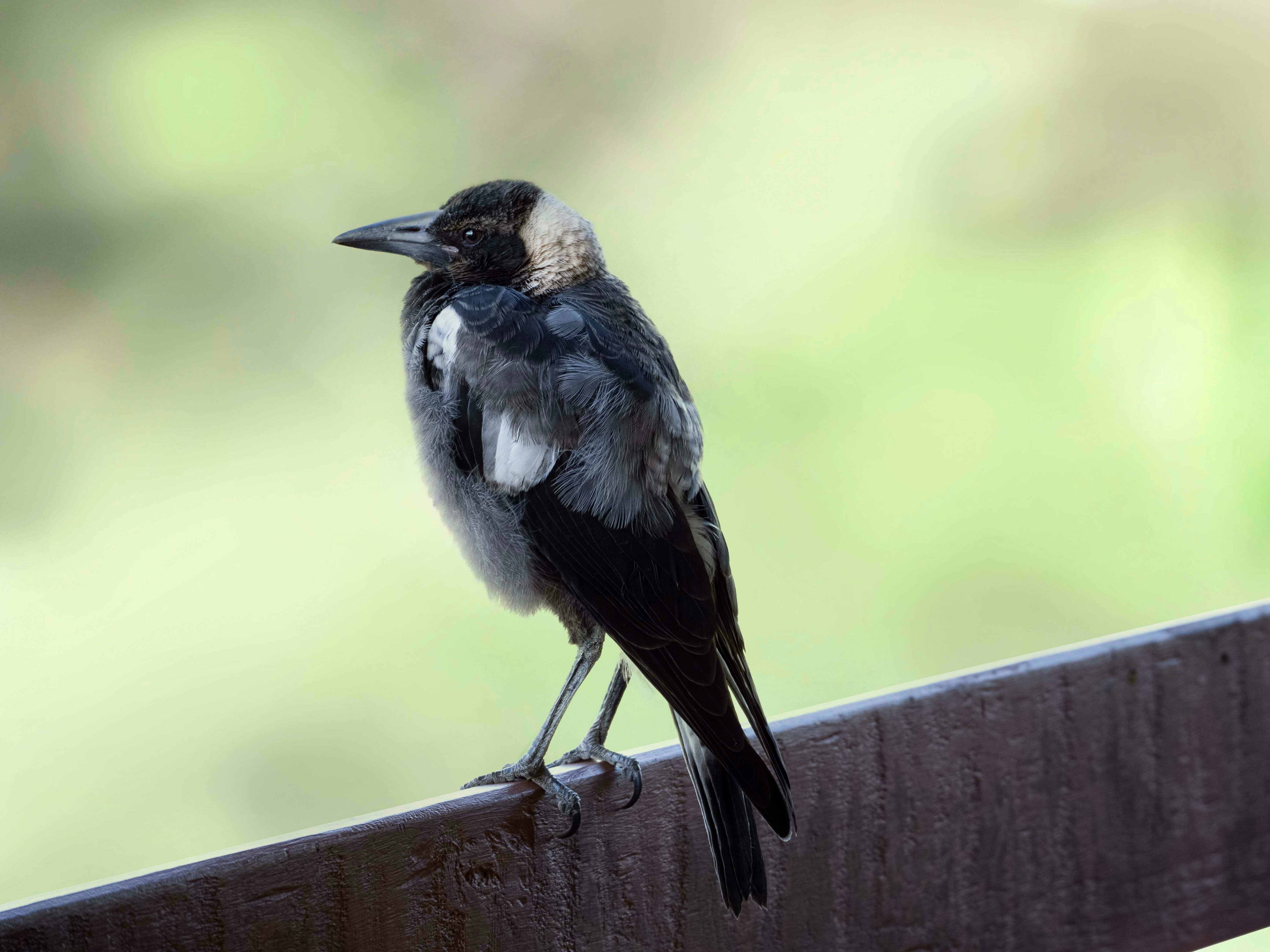

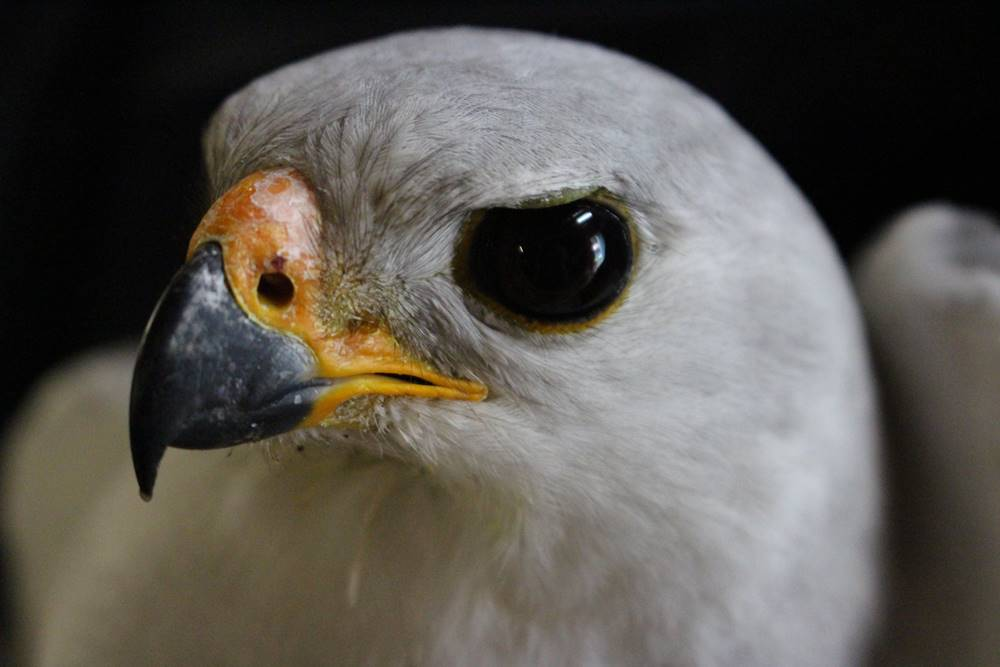

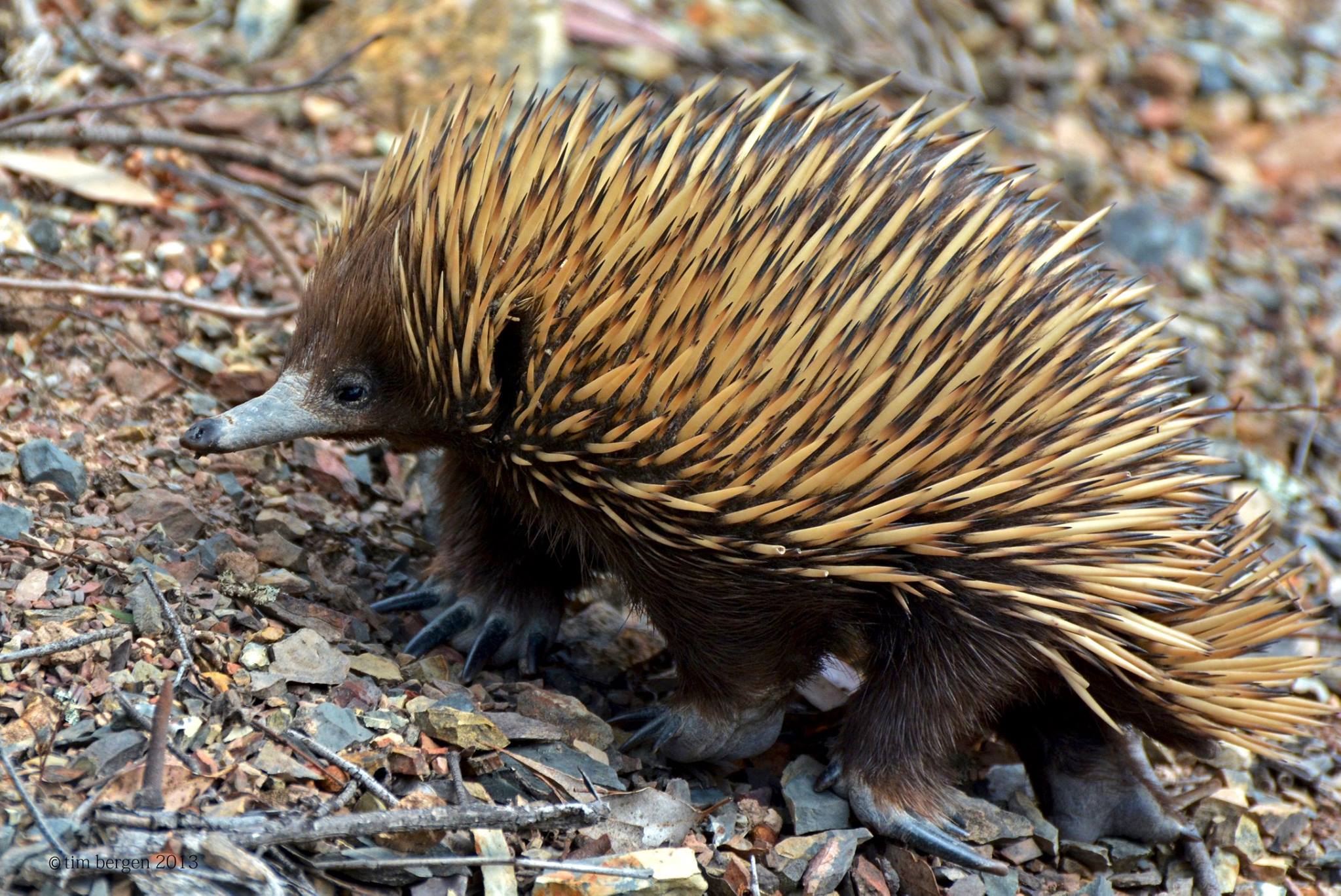
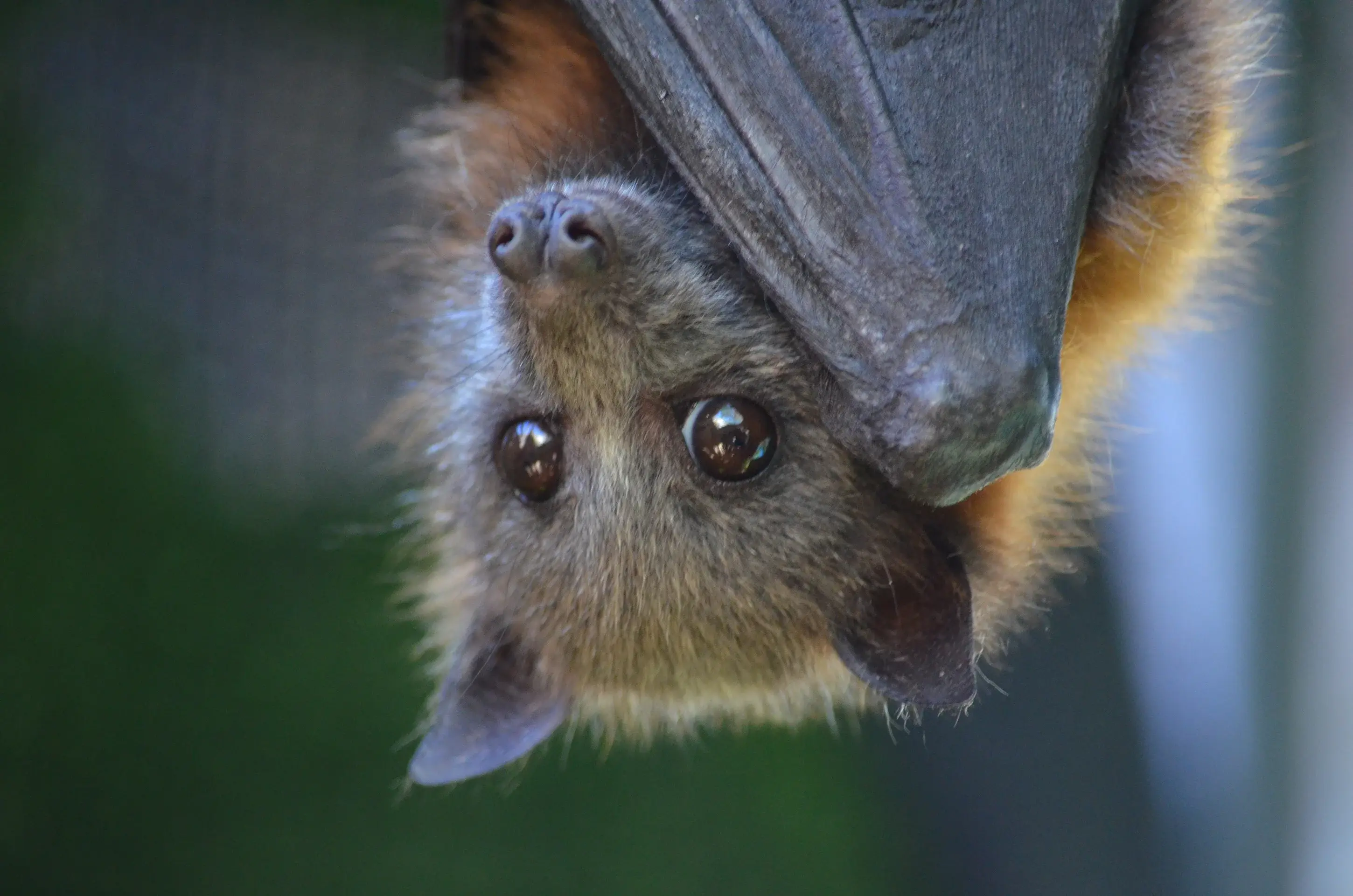
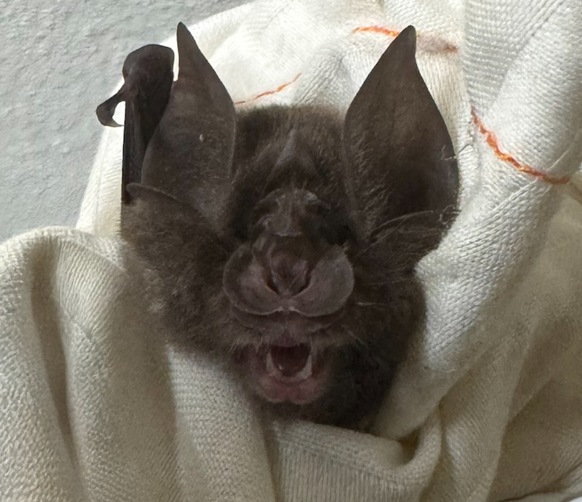
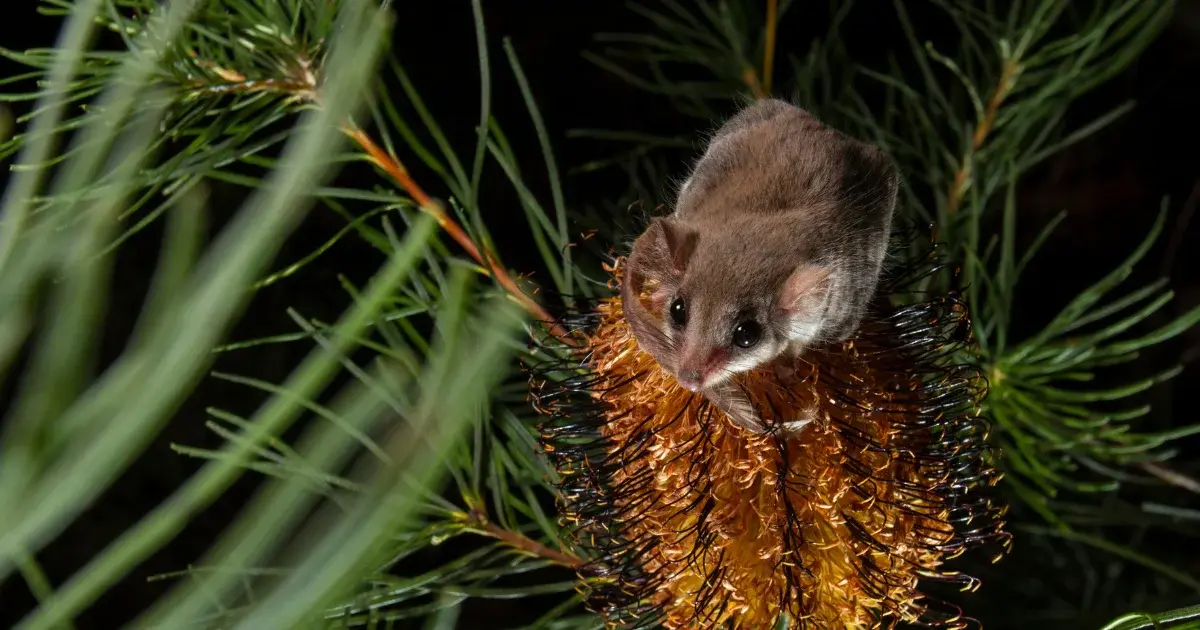
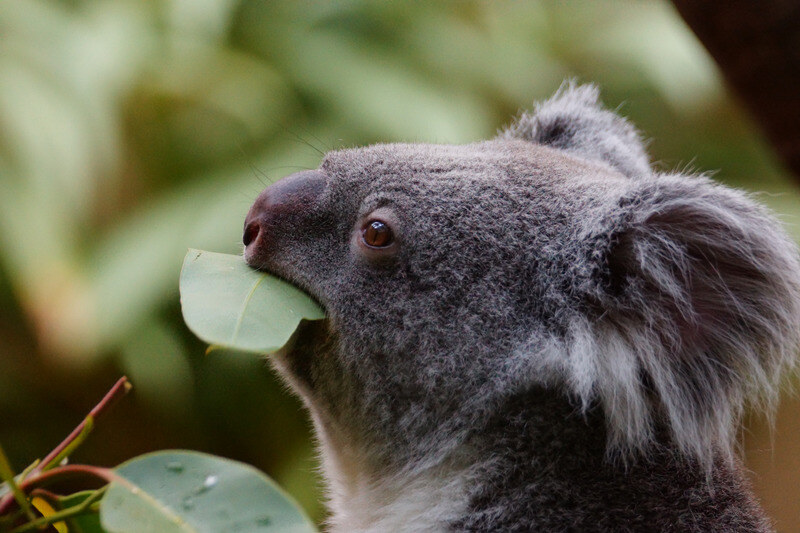
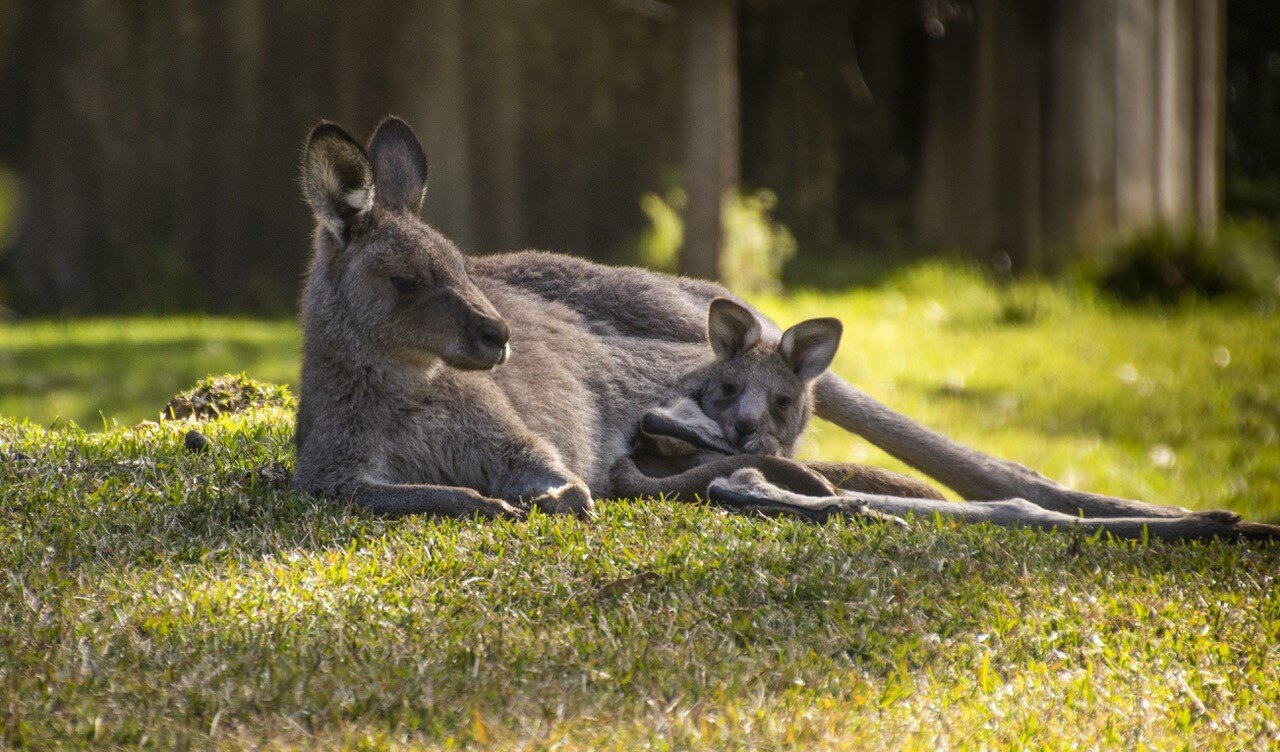
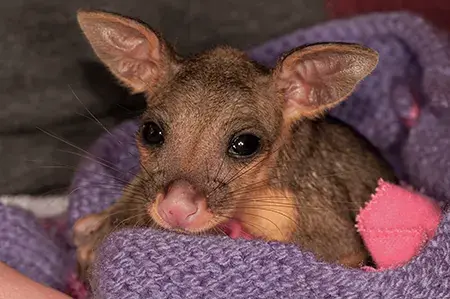
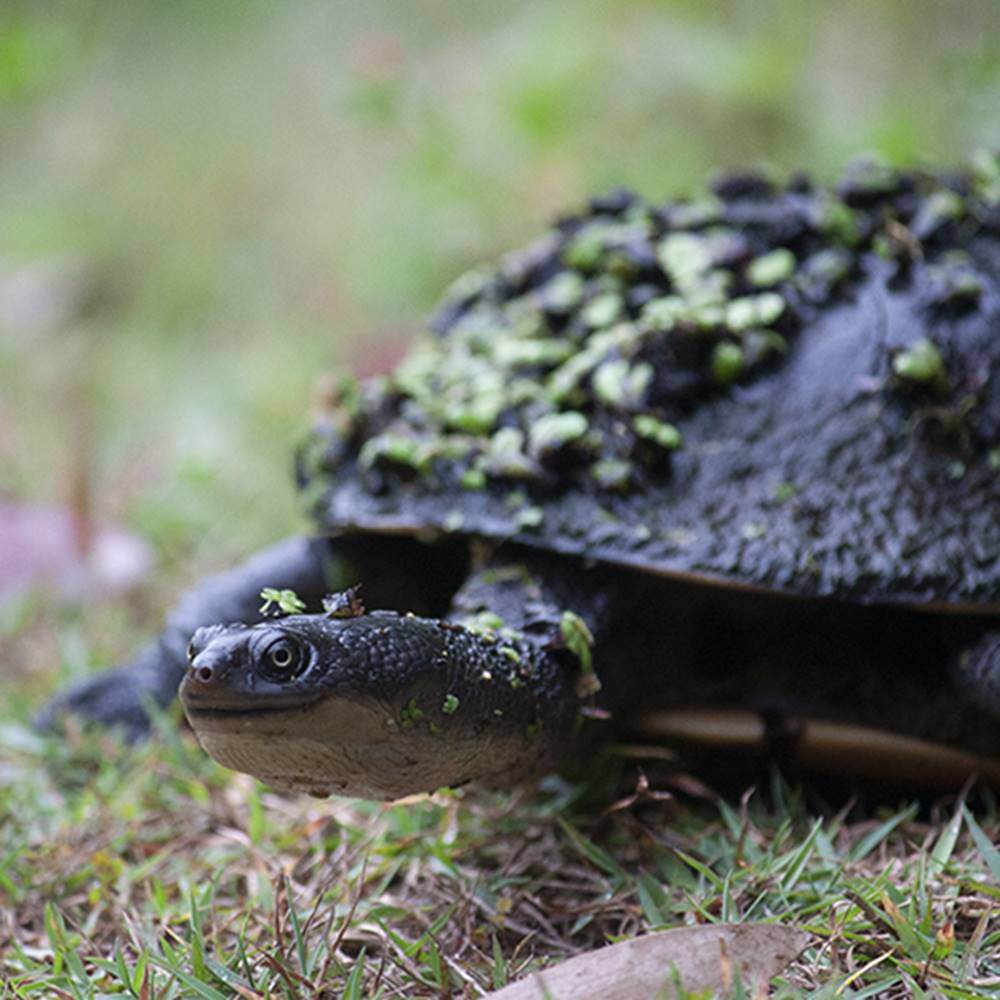
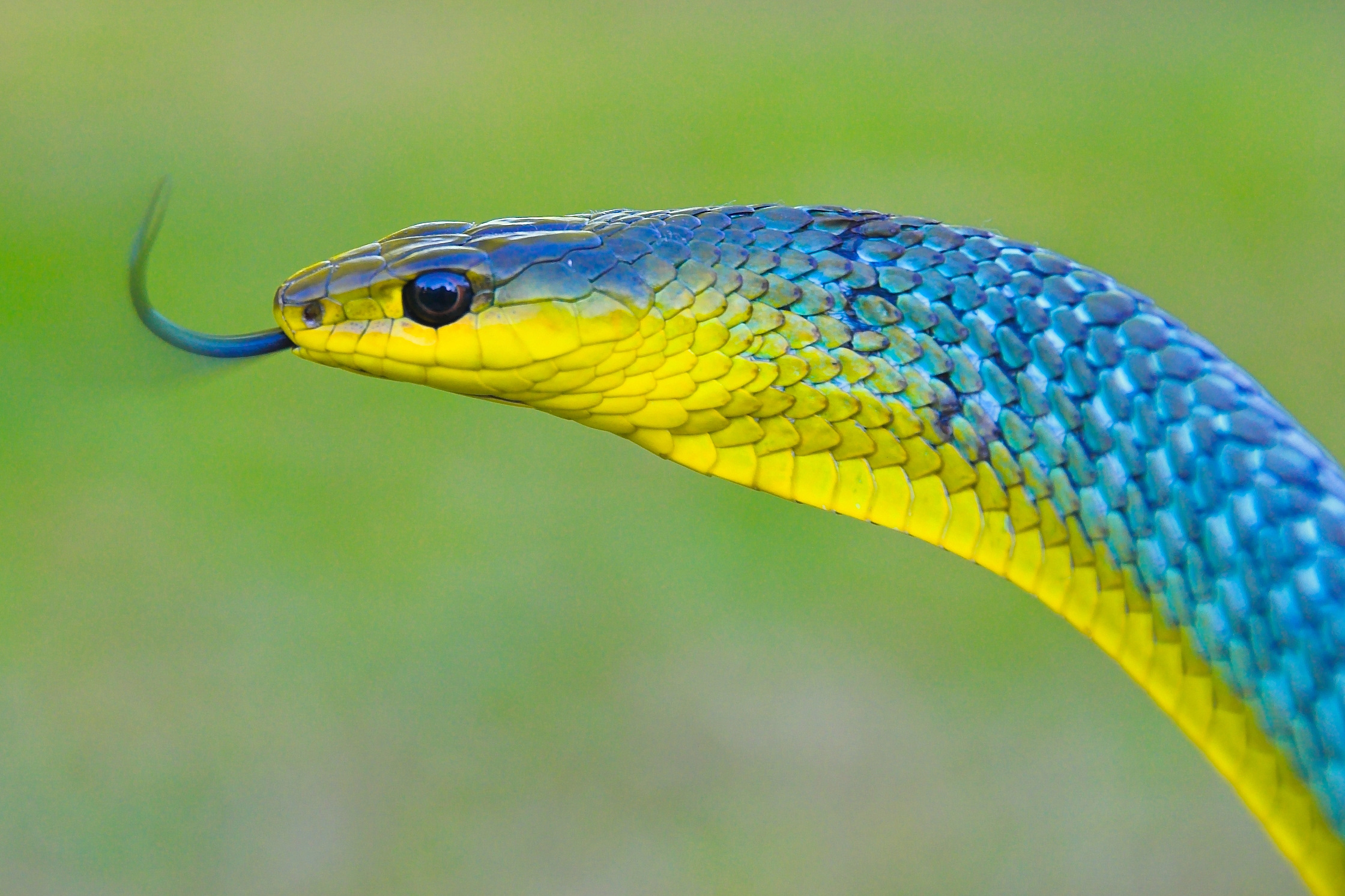
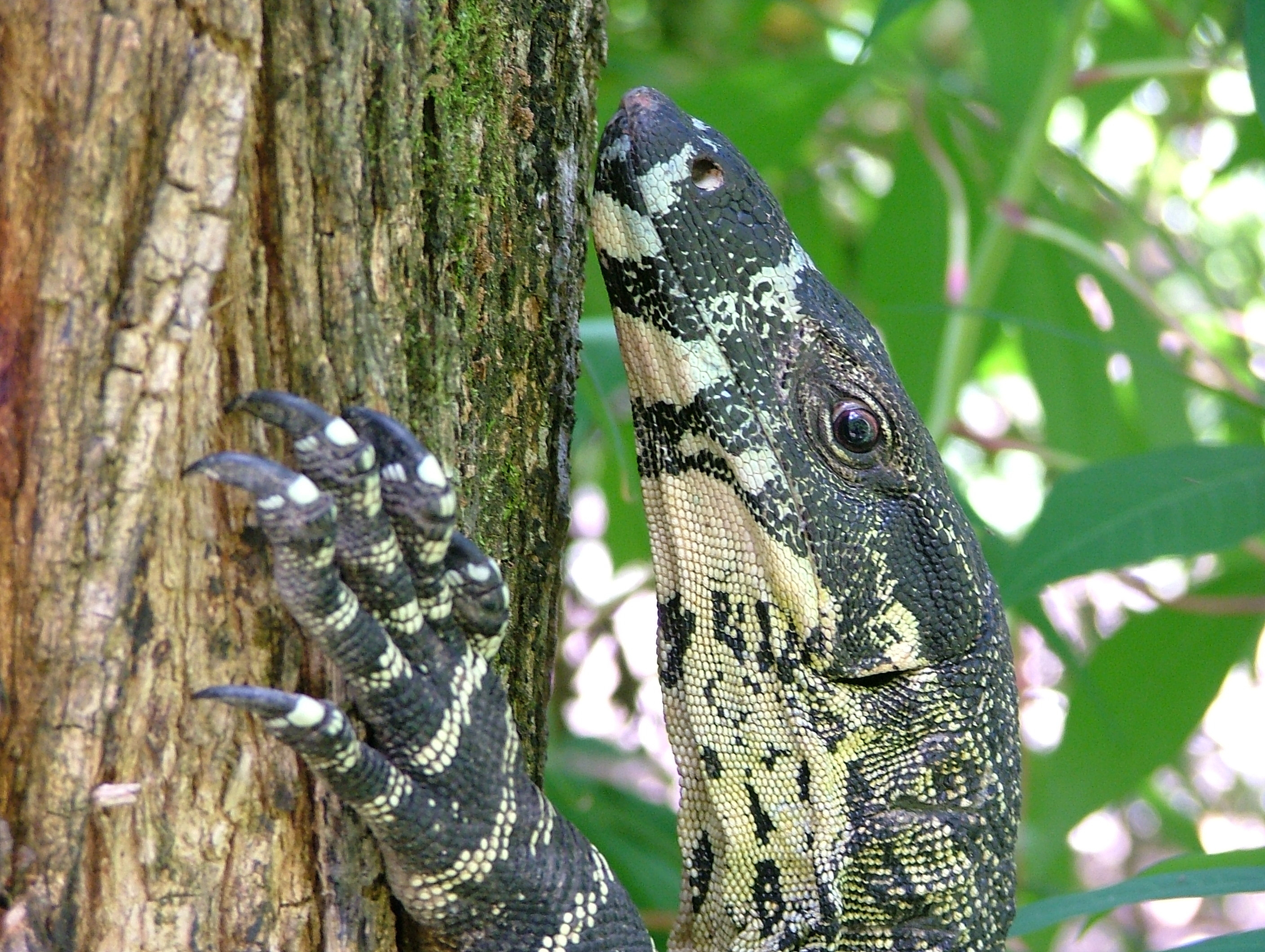
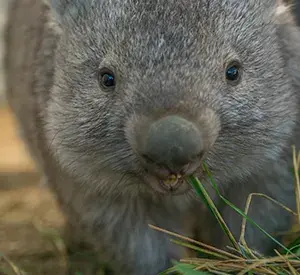
.jpg)